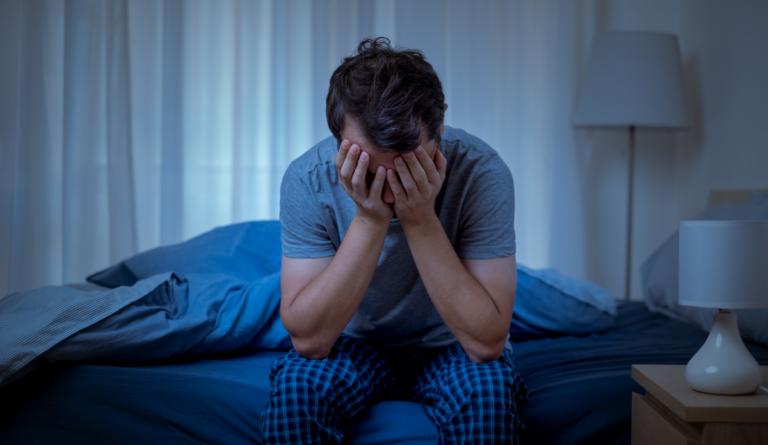The Cost of Counting Sheep: Rethinking the Role of Medication
The sleep aid industry is booming, reflecting a troubling reliance on medication to get a good night's sleep.

Read Time: 3 minutes
Published:
A third of adults in the United States struggle with getting a good night’s sleep. While occasional restless nights might not raise concerns, letting them persist unchecked can seriously affect both your physical and mental health.
Rebecca Gottesman and colleagues underscore how a variety of sleep problems are linked to poor brain health. Untreated sleep disorders increase the risk of mental slowing and dementia. Many of these sleep disturbances can be addressed with behavioral treatments or prescribed medications.
More than 18% of the adult population occasionally resort to medications to get to sleep, and 8.4% report relying on medication every night. Yet many of these medications have negative side effects and may cause long-term harm.
Zolpidem, commonly known as Ambien, is effective at treating insomnia in many people. But chronic use can lead to dependence. This dependence increases the risk of Ambien overdose, and Americans have increasingly presented in emergency rooms due to overmedicating with Ambien.
[T]he sleep aid industry is booming with record-high annual revenues, reflecting a persistent reliance on sleep medications.
A study conducted by Greta Bushnell and colleagues examined diagnostic and prescription trends for sleep medications in persons up to age 24. The researchers analyzed insurance claims reported to the MarketScan Commercial Claims and Encounters database between 2016 and 2021.
They found that over a quarter of children and young adults diagnosed with insomnia were promptly prescribed sleep medication. Three-quarters of these individuals also grappled with additional psychiatric diagnoses. As a result, those grappling with multiple health issues often find themselves taking a handful of prescribed medications. This polypharmacy approach comes with its own set of dangers, posing significant risks to health. The risks multiply with each added pill, ranging from adverse drug reactions (like daytime sleepiness) to increased side effects caused by interactions between medications.
In a separate study, Bushnell and team compared the risk of young adults using benzodiazepines—sometimes used to help with sleep but most commonly prescribed for anxiety—with other sleep treatments. Despite the known risks of drug overdose death, especially among young adults prone to misusing their prescribed benzodiazepines, these medications remain a prevalent treatment choice. These data highlight the need for more nuanced and cautious approaches to prescribing medication, especially for younger populations.
Both Bushnell and Gottesman advocate for the development of non-pharmacological treatments for sleep disorders to provide relief to sufferers without further reliance on medication.
Still, the sleep aid industry is booming with record-high annual revenues, reflecting a persistent reliance on sleep medications, particularly over-the-counter products. While there has been a decline in the total number of prescriptions over the last decade, there remains a significant challenge in steering individuals towards safer treatment alternatives and healthier sleep habits to counteract the harmful effects of persistent sleep disturbance.



